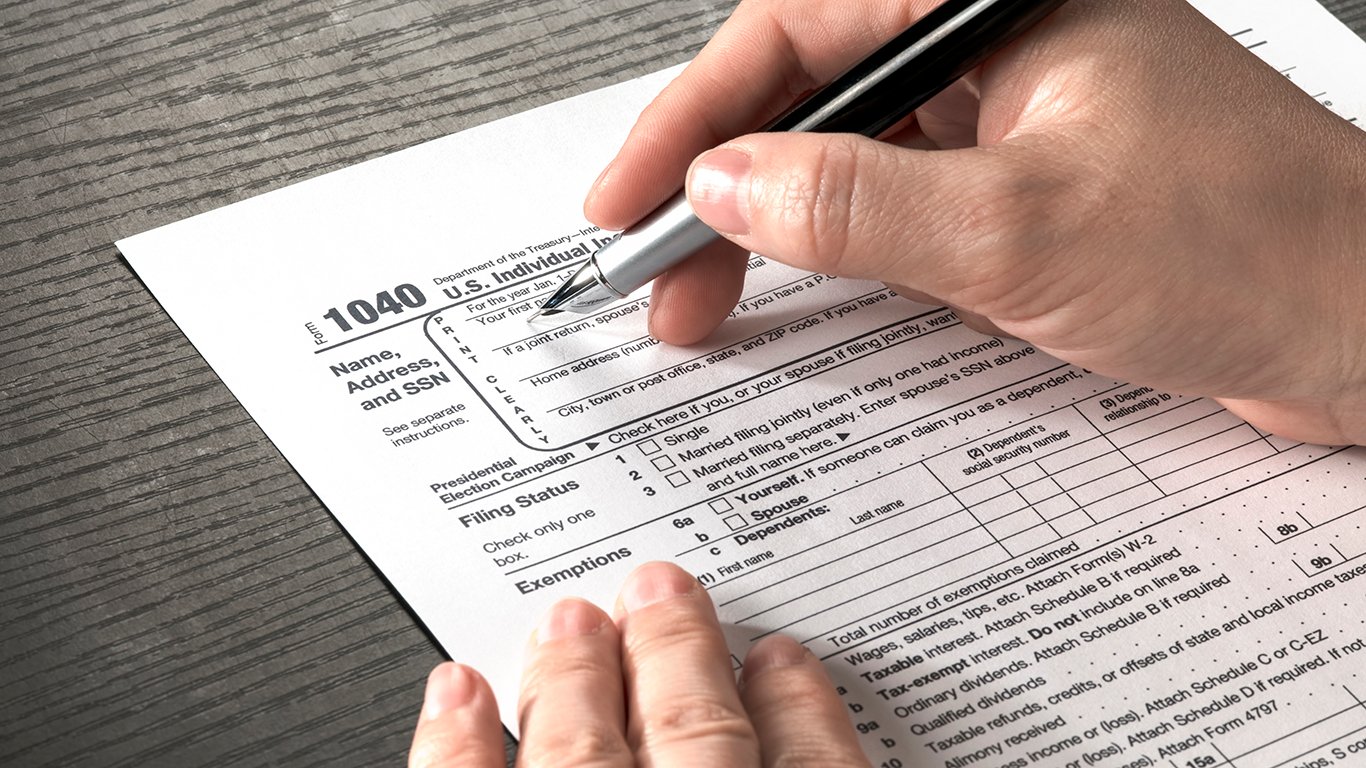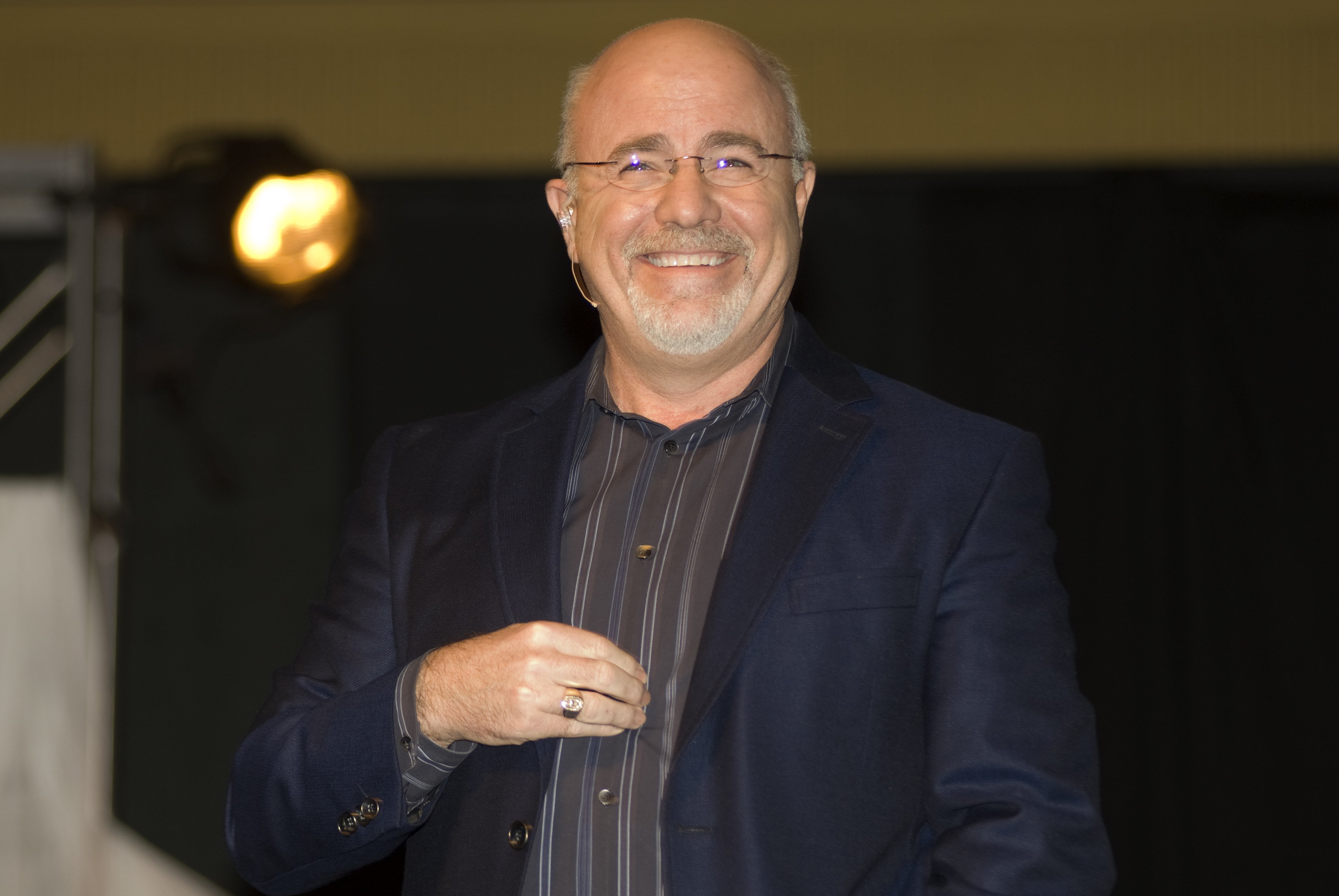

Wells Fargo & Co. (NYSE: WFC) has been under more than its historical scrutiny after multiple scandals and self-inflicted management blunders. In fact, the company is even now advertising that Wells Fargo is being reintroduced in 2018 after over 150 years of operations. After many wrist slaps and many fines and settlements, Wells Fargo announced that the Federal Reserve Board did not object to the company’s 2018 Capital Plan under the recently concluded Comprehensive Capital Analysis and Review (CCAR).
Thursday’s announcement came as a surprise to many investors because Wells Fargo has been under much more scrutiny for over a year since its accounts-opening scandal broke and since other business practices came to light. In fact, what is so interesting here is that Wells Fargo had been told in recent months by regulators that the bank would not be allowed to grow its asset base. Still, the regulatory stress tests are allowing Wells Fargo to go ahead with its capital return plan for shareholders.
Wells Fargo now plans to increase its third-quarter 2018 common stock dividend to $0.43 per share from $0.39. And for higher share buybacks, Wells Fargo plans to spend up to $24.5 billion for the four-quarter period (through the second quarter of 2019). The company noted that the 2017 Capital Plan, which covered the third quarter of 2017 through the second quarter of 2018, included up to $11.5 billion of common stock repurchases, with $8.5 billion worth of common stock already having been repurchased through the first quarter of 2018.
Wells Fargo also went on to say that the company may consider redemptions or repurchases of other capital securities as part of the plan. As far as what shareholders can expect for the coming 12 months in capital returns, Wells Fargo’s press release said:
The plan enables the Company to begin prudently returning excess capital to shareholders, relative to its internal target – an opportunity resulting from capital built in recent years through continued stable earnings and a lower level of risk-weighted assets. The Company’s internal capital target is established in connection with a rigorous risk-based capital adequacy assessment process that includes comprehensive current and forward-looking evaluations of the Company’s capital position relative to its risk profile and the operating environment.
24/7 Wall St. looked at the formal CCAR report from the Federal Reserve, and the Fed’s projected minimum common equity tier 1 ratio in the severely adverse scenario was 6.5%, and the normalized stressed ratio for Wells Fargo was shown to be 9.4%. As far as the banking segment as a whole, most banks were allowed to proceed with their capital return plans. The Federal Reserve said of the stress tests in general for 2018:
U.S. firms have substantially increased their capital since the first round of stress tests led by the Federal Reserve in 2009. The common equity capital ratio–which compares high-quality capital to risk-weighted assets–of the 35 bank holding companies in the 2018 CCAR has more than doubled from 5.2 percent in the first quarter of 2009 to 12.3 percent in the fourth quarter of 2017. This reflects an increase of more than $800 billion in common equity capital to more than $1.2 trillion during the same period.
Wells Fargo CEO Tim Sloan said:
We are pleased by today’s CCAR result, which demonstrates the strength of our diversified business model, our sound financial risk management practices and our strong capital position, and is aligned with our goal to be the financial services leader in creating long-term shareholder value.
Shares of Wells Fargo closed up 0.6% at $53.63 on Thursday ahead of the CCAR results, but the shares were last seen up about 5.2% at $56.43 on Friday morning. Wells Fargo’s 52-week trading range is $49.27 to $66.31, and it had a consensus analyst target price of $60.91.
Take This Retirement Quiz To Get Matched With A Financial Advisor (Sponsored)
Take the quiz below to get matched with a financial advisor today.
Each advisor has been vetted by SmartAsset and is held to a fiduciary standard to act in your best interests.
Here’s how it works:
1. Answer SmartAsset advisor match quiz
2. Review your pre-screened matches at your leisure. Check out the
advisors’ profiles.
3. Speak with advisors at no cost to you. Have an introductory call on the phone or introduction in person and choose whom to work with in the future
Take the retirement quiz right here.
Thank you for reading! Have some feedback for us?
Contact the 24/7 Wall St. editorial team.
 24/7 Wall St.
24/7 Wall St.


